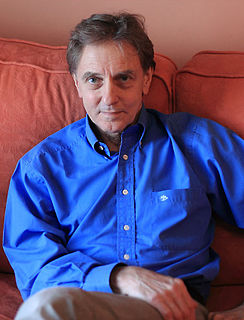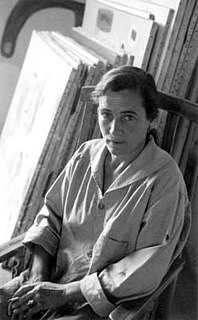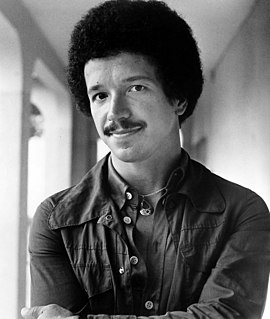A Quote by H. L. Mencken
The critic, to interpret his artist, even to understand his artist, must be able to get into the mind of his artist; he must feel and comprehend the vast pressure of the creative passion.
Related Quotes
I feel ever so strongly that an artist must be nourished by his passions and his despairs. These things alter an artist whether for the good or the better or the worse. It must alter him. The feelings of desperation and unhappiness are more useful to an artist than the feeling of contentment, because desperation and unhappiness stretch your whole sensibility.
The war between the artist and writer and government or orthodoxy is one of the tragedies of humankind. One chief enemy is stupidity and failure to understand anything about the creative mind. For a bureaucratic politician to presume to tell any artist or writer how to get his mind functioning is the ultimate in asininity.
Clearly the hardest thing for the working artist is to create his own conception and follow it, unafraid of the strictures it imposes, however rigid these may be... I see it as the clearest evidence of genius when an artist follows his conception, his idea, his principle, so unswervingly that he has this truth of his constantly in his control, never letting go of it even for the sake of his own enjoyment of his work.
The artist seeks contact with his intuitive sense of the gods, but in order to create his work, he cannot stay in this seductive and incorporeal realm. He must return to the material world in order to do his work. It's the artist's responsibility to balance mystical communication and the labor of creation.
Why was the painting made? What ideas of the artist can we sense? Can the personality and sensitivity of the artist be felt when studying the work? What is the artist telling us about his or her feelings about the subject? What response do I get from the message of the artist? Do I know the artist better because of the painting?
I want to emphasize the fact that we all have the same experience and the same concern, but the artist must know exactly what the experience is. He must pursue the truth relentlessly. Once he sees this fact his feet are on the path. If you want to know the truth you will know it. The manipulation of materials in an artwork is a result of this state of mind. The artist works by awareness of his own state of mind.
An artist never works under ideal conditions. If they existed, his work wouldn't exist, for the artist doesn't live in a vacuum. Some sort of pressure must exist. The artist exists because the world is not perfect. Art would be useless if the world were perfect, as man wouldn't look for harmony but would simply live in it.



































